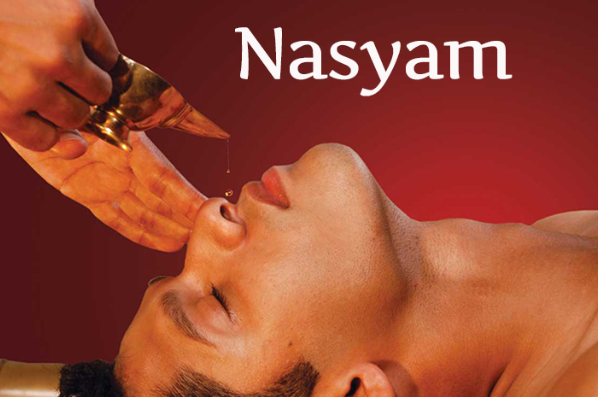Discover the ancient Ayurvedic practice of Nasyam, its benefits and procedures, and how it’s finding modern applications in holistic healthcare.
In the realm of holistic healing, ancient practices often resurface with newfound relevance and recognition. One such practice is Nasyam, an integral part of Ayurveda, the traditional Indian system of medicine. it involves the administration of herbal oils, juices, or powders through the nasal passages, offering a plethora of therapeutic benefits. Let’s delve into the intricacies of it, exploring its origins, procedures, benefits, and modern applications.
Origins and Principles
It finds its roots in Ayurveda, where it is considered one of the panchakarma therapies aimed at detoxifying and rejuvenating the body. According to Ayurvedic principles, the nasal passages are intricately connected to the respiratory system and serve as a gateway to the head region, including the brain. By administering herbal preparations through the nostrils, it aims to cleanse, nourish, and balance the doshas (bio-energies)—Vata, Pitta, and Kapha—thereby restoring overall health and well-being.
Also read: Exploring the Ancient Healing Art Of Panchakarma: A Holistic Approach To Wellness

Procedure
The procedure begins with a preparatory phase where the individual undergoes facial massage and steam therapy to loosen toxins and open up the nasal passages. Subsequently, a specialized herbal oil or decoction is instilled drop by drop into each nostril while the head is tilted back slightly. The person then inhales deeply, allowing the medicinal substances to reach deep into the sinus cavities and respiratory tract. This process may be accompanied by a gentle massage around the nose and face to facilitate absorption.
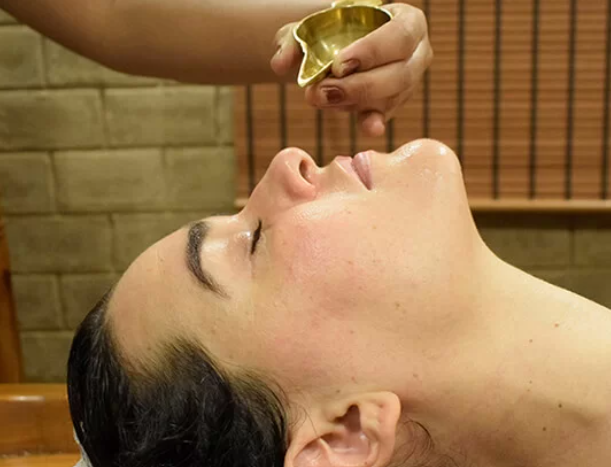
Benefits of Nasyam:
- Sinus Relief: It is renowned for its efficacy in alleviating sinusitis, congestion, and related respiratory issues by clearing blockages and reducing inflammation within the nasal passages.
- Improved Mental Clarity: The nasal passages are intricately connected to the brain, and they are believed to enhance mental clarity, concentration, and cognitive function by stimulating the nerve pathways.
- Headache Relief: Chronic headaches, including migraines, often stem from imbalances in the head region. Nasyam offers relief by addressing these imbalances and promoting relaxation.
- Detoxification: Through its cleansing action, Nasyam helps eliminate accumulated toxins and impurities from the head and neck region, promoting overall detoxification of the body.
- Enhanced Respiratory Health: By targeting the respiratory system, Nasyam strengthens lung function, reduces susceptibility to allergies, and improves breathing capacity.
- Balancing Doshas: Ayurveda emphasizes the importance of balancing the doshas for optimal health. Nasyam aids in restoring doshic equilibrium, thus addressing underlying imbalances contributing to various health issues.
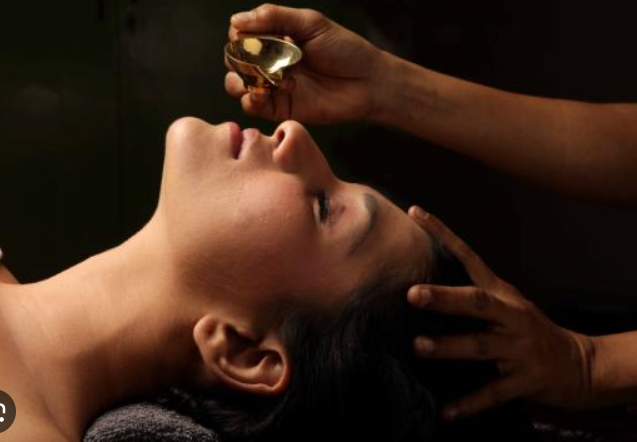
Modern Applications
While rooted in ancient tradition, Nasyam is finding modern applications in the realm of holistic healthcare. Integrative medical practitioners are incorporating Nasyam into their treatment protocols for various respiratory disorders, stress-related conditions, and neurological ailments. Furthermore, research is underway to explore its potential in addressing conditions such as anxiety, depression, and neurodegenerative disorders.
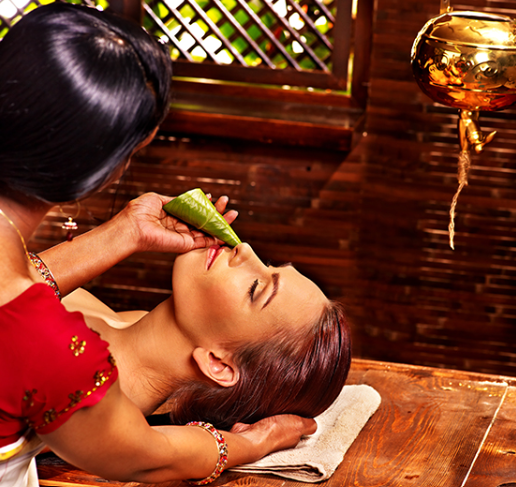
Precautions and Considerations:
Although Nasyam is generally safe when performed by trained practitioners, certain precautions should be observed. Individuals with acute nasal infections, nasal polyps, or recent nasal surgeries should avoid Nasyam. Additionally, it’s essential to undergo Nasyam under the guidance of a qualified Ayurvedic practitioner to ensure proper technique and dosage.

In conclusion, Nasyam stands as a testament to the timelessness and efficacy of ancient healing practices. With its profound therapeutic benefits and relevance in modern healthcare, Nasyam continues to garner attention and recognition as a valuable tool for promoting holistic well-being. Whether seeking relief from respiratory ailments, enhancing mental clarity, or embarking on a journey of detoxification, Nasyam offers a holistic approach to healing that resonates with the wisdom of centuries past.

DO’S
- Inform the doctor if you have any symptoms, like a fever, running nose or headache, before the procedure.
- If any discomfort, like a headache, dizziness or burning sensation, arises after the procedure, call your doctor.
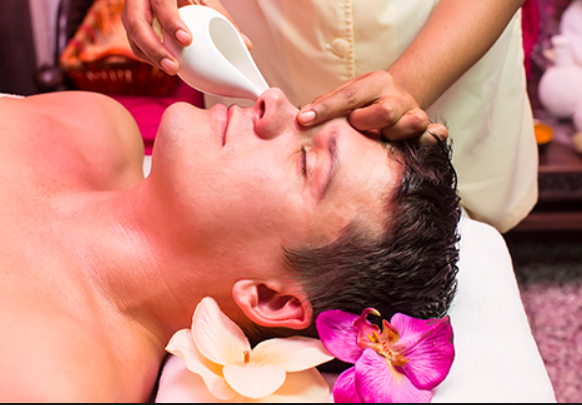
DON’TS
- Breathe in gently and slowly. Do not inhale forcefully.
- Do not expose yourself to too much wind, cold, sun or strenuous activity immediately after the procedure.
- Avoid taking a bath or eating food immediately before or after the procedure.
- Avoid doing this procedure if you have a cold or fever.
- It is not advised for children, very old people, or weak people.
- Avoid being intoxicated by alcohol or narcotics.
- There should be a gap of at least two hours before/after the procedure between food and bath.
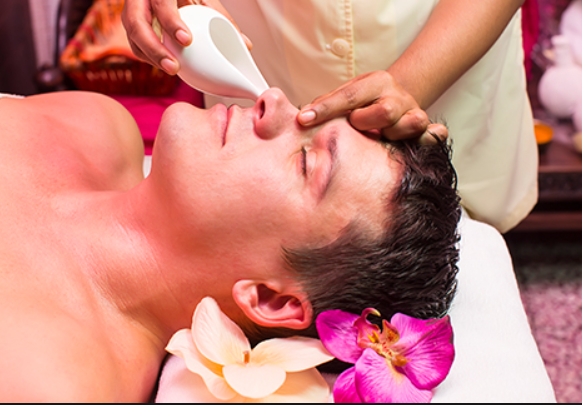
Also read: Dr. Priya Jain : About Study and Experience
images source: Google
Disclaimer: The opinions and suggestions expressed in this article are solely those of the individual analysts. These are not the opinions of HNN. For more, please consult with your doctor







